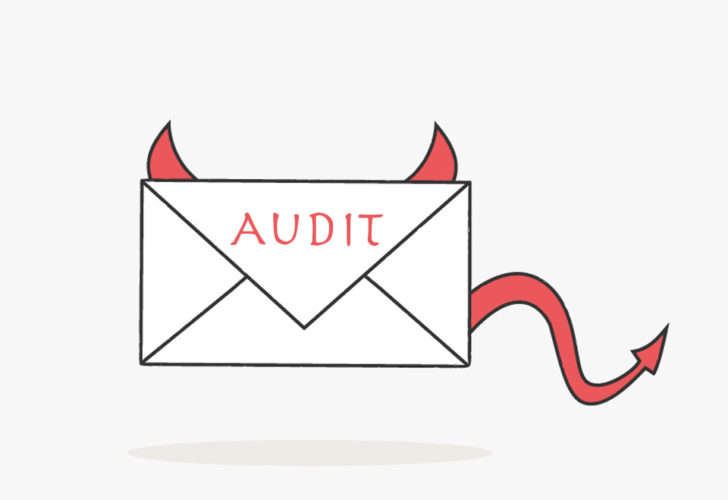3 Common Audit Triggers of Your Benefit Plan and How You Can Avoid Them
By The Bailey Group Marketing
Published May 8, 2014

Audit. It’s a word that can send shivers up almost anyone’s spine, especially when the Department of Labor (DOL) is involved and it is your company that’s being audited.
A DOL audit can be prompted for a number of different reasons. Most of the time, the DOL investigator won’t even disclose why the health plan was chosen for an audit and they’ll provide little advance notice that the audit is actually happening.
There are, however, some common triggers that can cause your company’s benefit plan to be audited.
Common Trigger #1 – Employee Complaints
One of the most common triggers of a DOL audit, especially in 2013, was from employee complaints. 775 new investigations were opened as a result of participant complains in 2013. Complaints could range from job descriptions not accurately reflecting the work that is being done, to non-exempt employees not being paid for all work performed.
To avoid this audit trigger, employers should respond to participants’ complaints and questions in a timely manner. It sounds simple, but being highly responsive to employee complaints can go a long way in preventing an official complaint that could cause a stressful and time-consuming audit.
Common Trigger #2 – Form 5500 Filings
Errors on a plan’s Form 5500 filing are some of the most common triggers we see causing an employer to be audited by the DOL. According to 5500 PrepPro, some of the most common Form 5500 errors include:
* Failure to follow EFAST 2 Electronic Filing Guidance and incorrectly entering the DOL user ID and PIN when signing the return;
* Failure to attach all required schedules and attachments to the return before filing; and
* Failure to completely answer multiple part questions.
You can find the full list of common mistakes on this 5500PrepPro post.
The form must be filed electronically and is due the last day of the seventh month following the close of the plan year. For calendar year plans, this date is July 31.
Common Trigger #3 – Because The Government Can
This is a pretty simple trigger to explain. Your company could be audited simply because the government has the power to do so.
The DOL has broad authority to investigate or audit an employee benefit plan’s compliance with the Employee Retirement Income Security Act (ERISA). Just because your company has been chosen for an audit, doesn’t necessarily mean that the you have violated any laws. It just means that you’re a living, breathing company that resides in the United States.
As it turns out, there’s there’s no way to 100% avoid an audit. As you learned in trigger #3, you can be audited without any causation at all. The best way to prepare for an audit, then, is to remain in compliance and establish an organized record keeping system for maintaining all of the important documents related to your group benefit plans. The Society For Human Resource Management (SHRM) has some great tips on how employers can perform a self-audit to be proactive in preparing for an audit.




